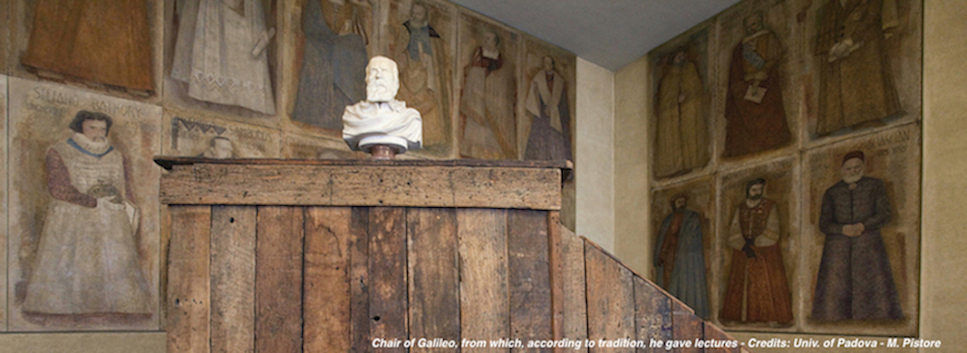Speaker
Description
Euclid is a European Space Agency mission on satellite, whose aim is to investigate the so called “dark universe” (that is, dark matter and dark energy) and thus strongly constrain the main cosmological parameters, including the sum of neutrino masses. For this purpose, an extensive calibration of all the telescope elements is required. I’ve worked on the in-flight flux calibration procedure of the Euclid NISP spectrograph: the same sources in the sky, observed in different positions on the focal plane, are detected with a different number of counts because of the non-uniformity in the transmission of light introduced by the telescope internal optics. Simulations are needed to choose the best combination of observed sky area and pointings, so that the required accuracy on this self-calibration procedure can be reached. I’ll briefly illustrate the procedure we studied for this purpose and its preliminary results for a simplified scenario.
| Collaboration name | Euclid |
|---|

